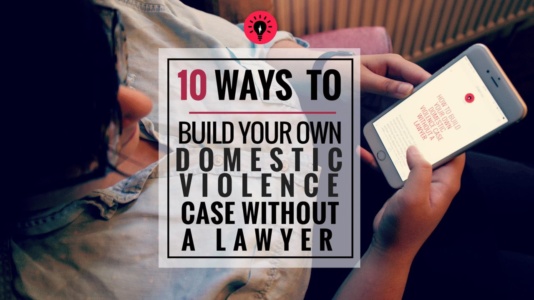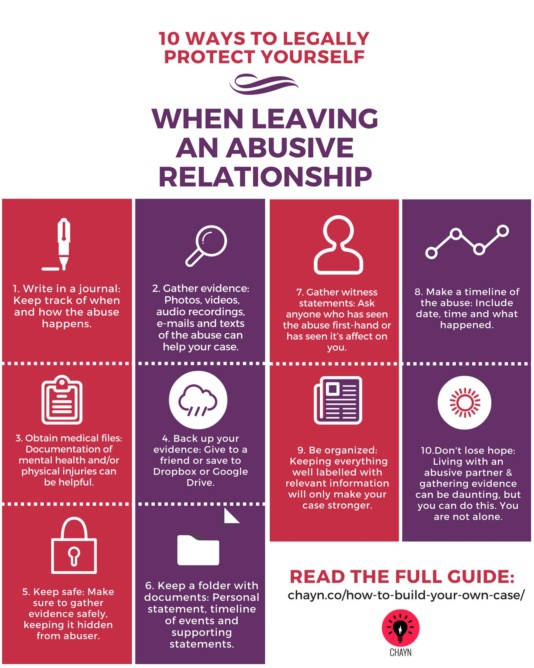- About
- Topics
- Picks
- Audio
- Story
- In-Depth
- Opinion
- News
- Donate
-
Signup for our newsletterOur Editors' Best Picks.Send
Read, Debate: Engage.
| August 14, 2018 | |
|---|---|
| topic: | Women's rights |
| tags: | #abusive relationships |
| partner: | Screen Shot |
| located: | United Kingdom, Pakistan |
| by: | Sofia Gallarate |
The lack of accessible information available to most women victims of abuse led Hussain to found, in 2013, the open-source organisation Chayn. Since then, the online platform has served as a guide for women on how to build domestic-abuse cases without a lawyer and to recognise and deal with the symptoms of a toxic relationship. The website hosts a breadth of information on the many facets of abuse, from manipulation to violence and addressed the realities of abuse not only between partners but with colleagues and friends.
The accessibility and friendly chatbot makes the website experience feel supportive, filled with accessible information and more importantly not intimidating.
“We design for resilience and empowerment – encouraging women to feel independent so they can take informed actions.” Reads Chayn’s website description. The project provides multilingual material that is uploaded by domestic violence survivors and volunteers from across the world. The aim of Chayn is to turn first-hand experiences into empowering knowledge that could eventually provide abused women with psychological, cultural, and legal support.
Building an inclusive technology was pivotal for Hussain, as it allows an increasing number of women-regardless of their education, class and race-to crowd-source knowledge on domestic violence and collaborate in the creation of a platform whose informative resources work under Creative Common licenses.
Despite the various successes of the platform, which has reached over 200,000 people since its start and has gathered a swath of media attention, not everyone agrees with the reliability of the volunteer-run network.
According to Hussain, numerous people (mainly men), have criticised the project because it technically provides non-professional advice on sensible and complex matters. But the positive response that Chayn received speaks loudly about a shift in direction when it comes to the distribution of knowledge on domestic abuse: 70 percent of the 400 volunteers who are currently contributing to the organisation are survivors of violence themselves, thus confirming that the platform is generating measurable benefits to the people who seek help.
Professional counselling and legal advice are without a doubt fundamental services, but in truth, they are not always available to everyone, leaving many women in critical situations feeling disenfranchised by the systems meant to support them and thus perpetuating silence.
“Using the internet, we can reach and empower vulnerable women who may not leave the house very often, but will likely have a basic smartphone with internet access”, as stated on the website.
The project is using technology and design to speak loudly and distinctly to women about women’s rights and how to cope and take action while within an abusive relationship. Moreover, it is proving that internet-based grassroots projects could be effective in filling the gap left by governments and institutional organisations.
By copying the embed code below, you agree to adhere to our republishing guidelines.



